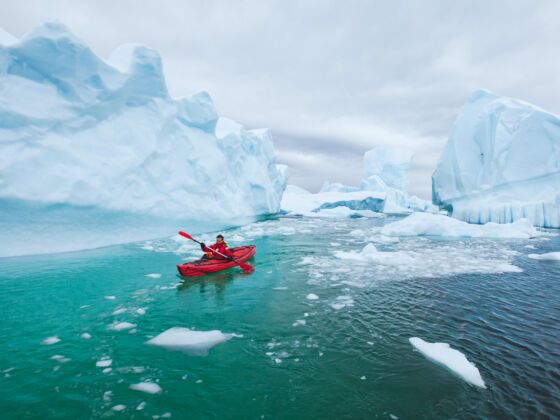2. Go as a Worker
For those who feel like they need to “earn” Antarctica, this might be a more attractive option.
Each year, the U.S. Antarctica Program, acting through the National Science Foundation, employees around 3,000 people on the continent. This includes both scientists, who carry out specific research projects, and general laborers, who support the science staff and contribute to the upkeep of McMurdo, the U.S. station on Ross Island.
